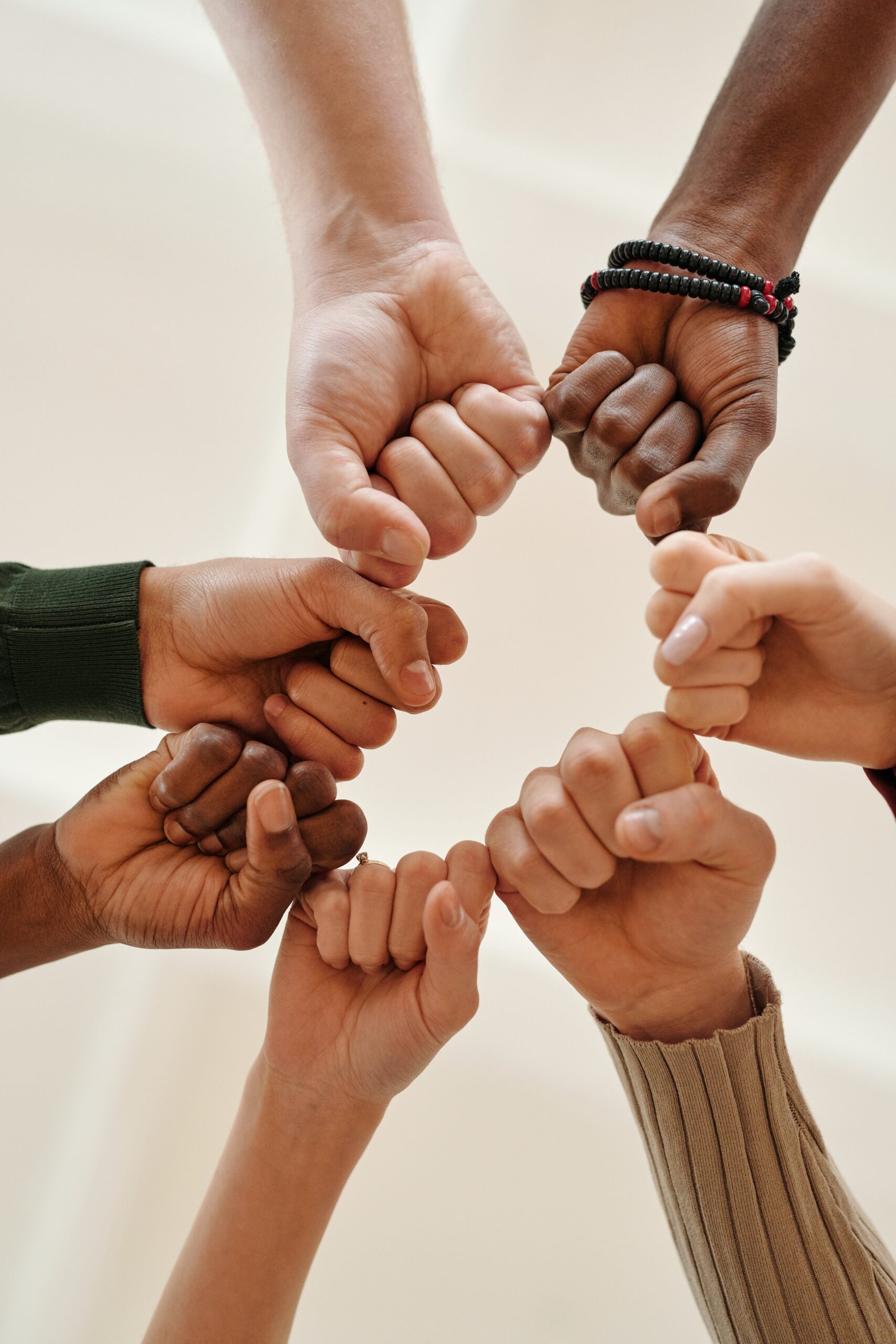How peer support shapes the recovery process
There are a variety of peer support models, such as one-on-one sessions, group meetings, mentorship, and sponsoring in a 12-step programme.
A part of this may also include relating one’s own anecdotes, expressing comfort, and suggesting steps to take. Sharing experiences, venting frustrations, and offering constructive criticism and words of encouragement are all common forms of peer support in a group context.
Peer support can also be provided via text message or phone, or through dedicated online communities. Those who have trouble travelling to in-person gatherings can still easily participate in this way.
Simply answering the phone when someone battling with addiction calls is another important and often overlooked form of peer support. Even if they’re just phoning to beg for cash, it’s still important to be there for them and hear them out. This strategy often succeeds when others have failed.



Why peer support is important in recovery
The rehabilitation process for substance abuse greatly benefits from the involvement of peers. Feeling alone and disconnected from others is a major barrier to resolving a substance use disease. By putting those in recovery in touch with others who share their experiences, peer support helps to remove this obstacle. Addicts and people dealing with substance abuse disorders can benefit from peer support by realising they are not alone in their experiences. Meeting others who are dealing with the same issues as you can provide a huge boost of hope and optimism, both of which are essential to a faster recovery.






